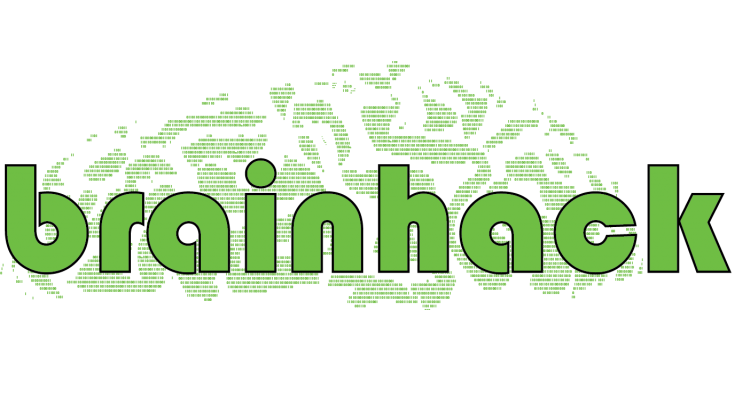Projects
Click the buttons below to filter the projects you may want to join.

archivotron: a python suite for naming and organizing data
- What are you doing, for whom, and why?
We are building a suite of python tools to help people generate BIDS or similar datasets …

Benchmark denoising strategies on fMRIPrep processed outputs
The project is a continuation of load_confounds. The aim is to evaluate the impact of denoising strategy on functional …

BIDS-ephys: let’s BIDSify your animal electrophysiology data
We are working on an extension proposal so that BIDS (a standardized data structure described here) can support …

Brainfeed: a tool for domain experts to find recent and relevant public discourse on topics they are familiar with
Brainfeed is a proposed tool that is aimed at scientists to keep track of active and relevant public discussions on topics that …

Brainharmonic - Generating music from brain signal data using deep learning
This project aims to develop a tool to generate music from brain signals using deep learning models. There has been a lot of work …

Classification of Mild Cognitive Impairment(MCI) with machine learning models
- What are you doing, for whom, and why?
Recent research has discovered that the subregions of hippocampus and medial temporal …

Continuous testing of neuroimaging results across pipelines and datasets
What are you doing, for whom, and why? Neuroimaging results are sensitive to variations in processing pipelines, contributing to …

Data Driven Spiking Neural Network Optimization in Julia

EyetrackPrep: an automatic tool to pre-process eye-tracking data (fixation, blinks, saccades, micro-saccade, pursuit, pupillometry)
Description: This project aims at providing to the eye-tracking research community a standardized software allowing the automatic …

Fast Tractography Streamline Search
Create a repository for a Fast tractography / streamline search method. And develop useful scripts / methods.

Going beyond pairwise interactions by digging into Higher-Order Interactions
Modern theories suggest that cognitive functions emerge from the dynamic coordination of neural activity over large-scale and …

NiiVue: minimal, modular, fast WebGL visualization
- Popular tools like AFNI, FreeSurfer, FSL, SPM use legacy visualization methods.
- MRIcroGL and Surfice leverage modern graphics …

Niviz: Configurable quality control image generation and rating
The process of QCing is universally boring, terrible and inefficient.

Nobrainer and Nobrainer-Zoo: A 3D Deep Learning based Image Analysis Framework and model repository
Nobrainer is a deep learning toolbox for 3D neuroimaging data analysis. It includes many deep learning tools including data …

Tools for MRI diffusion in human and non-human primates
There are many pipelines for processing diffusion MRI data (diffuse, qsiprep, mrtrix pipelines, FSL pipelines, dipy, Designer, …

Using Explainable Artificial Intelligence (XAI) to create a real-time closed-loop stimulation
- What are you doing, for whom, and why?
Like similar work in other fields (e.g., computer vision, ML, etc.) on established …




